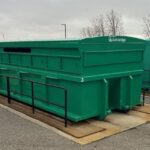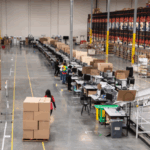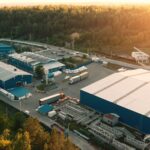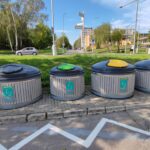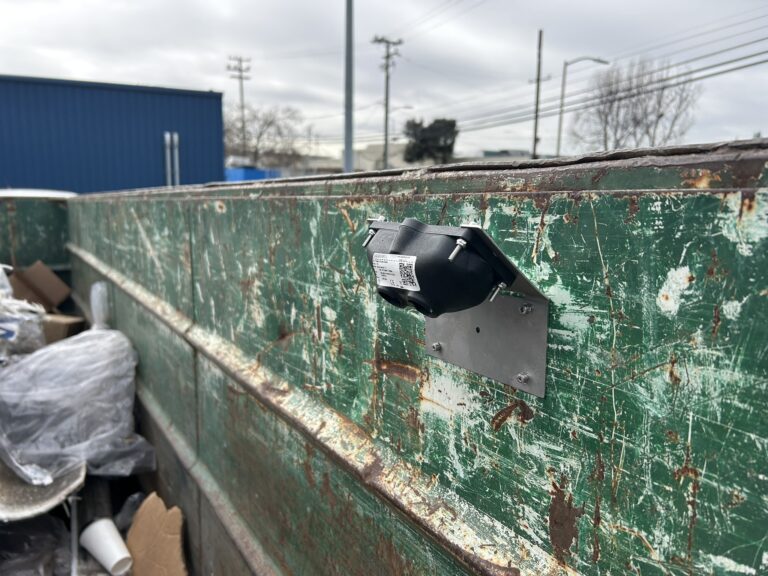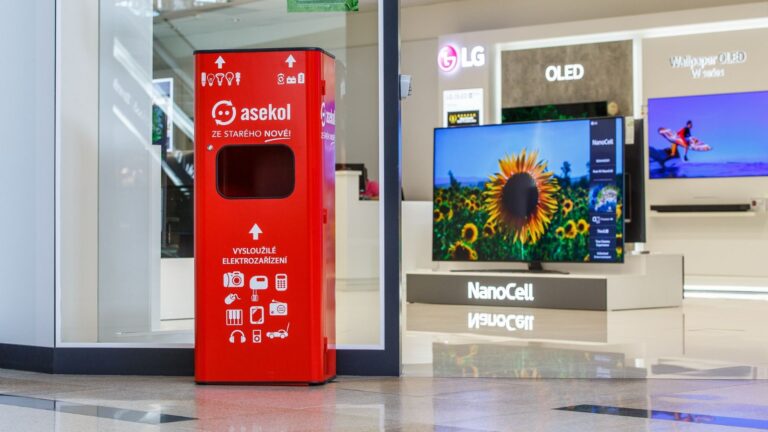Monitoring 1,500+ Bins in a Historic Saudi Arabian Town

1500
Number of sensors
General
Type of waste
1,100 litres
Type of containers
NB-IoT
Connectivity
Smart waste monitoring in Al-Ula, Saudi Arabia
Project and customer description
Al-Ula, a historical town in Saudi Arabia, has launched one of the largest smart waste management projects in the MENA region with the deployment of more than 1,500 Sensoneo fill-level monitoring sensors. The project was executed in cooperation with CIT GROUP LIMITED, a local operative company responsible for waste management services.
Challenge
As a growing urban and cultural hub, Al-Ula required a reliable and scalable waste monitoring solution to manage large volumes of communal waste efficiently. The city needed to avoid unnecessary collections, reduce operational costs, and ensure cleaner public spaces, all while managing a large fleet of 1,100-liter containers.
Solution
In March 2022, CIT GROUP LIMITED began using Sensoneo smart sensors together with the Smart Waste Management System. Most sensors were installed in 1,100-liter containers with communal waste.
The deployment included Single Sensor 3.0, designed and produced in-house by Sensoneo in the EU. These ultrasonic sensors are robust, water and shock resistant, and operate across a wide temperature range. They can monitor any type of waste, including liquids, in containers of different types and sizes.
Installation was carried out entirely by the local operator following an intensive online training course provided by Sensoneo, supported by a two-day visit from Sensoneo technicians. Data transmission is ensured via NB-IoT connectivity, in partnership with the Saudi telecom provider stc.
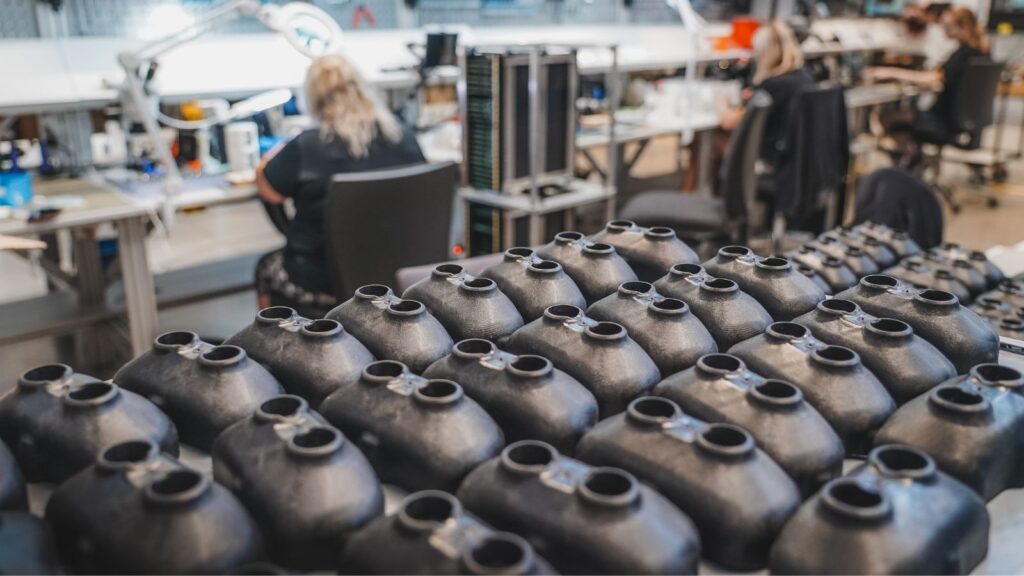
Impact
The deployment of more than 1,500 sensors in Al-Ula has enabled the municipality to gain full control over its container infrastructure and waste collection operations. The smart sensors provide continuous real-time insights into bin fill levels, allowing the operator to prevent overflowing bins and eliminate unnecessary pickups.
The project has significantly improved operational efficiency, reduced the environmental footprint of waste collection, and ensured cleaner public spaces for residents and visitors. It also demonstrated how large-scale smart waste solutions can be deployed smoothly in cooperation with local operators.
Key achievements
- Digitalized monitoring of waste containers across the city.
- Improved efficiency of collection through real-time data.
- Transparent and reliable waste management services.
- Optimized collection routes to reduce unnecessary trips.
- Lower operational costs and minimized environmental impact.
Selected success stories
Latest success stories
Smart Waste Newsletter
Get monthly updates from our company and the world of waste!


